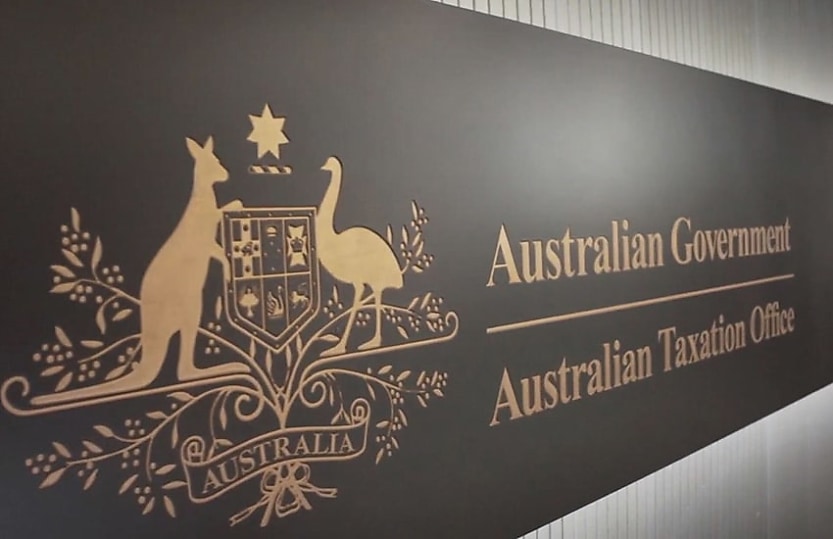ATO private wealth boss names succession planning as top focus area

Restructures and disposals are causing tax risks as retiring business owners look to transfer wealth to the next generation.
The ATO has named succession planning its top focus for its privately owned and wealthy groups (POWG) market in 2025, citing a rise in tax risks posed by restructures.
Deputy commissioner Louise Clarke said a growing number of group heads were approaching retirement, leading to a flurry of “planning, structuring, and disposal activity”.
“Succession planning, and the tax risks associated with it, is our number one focus in 2025,” Clarke said in a blog post on the ATO’s website.
“In the POWG market, we’re seeing an ageing demographic for controlling individuals.”
Mature family-controlled businesses were either being “sold or passed onto the next generation as ongoing businesses or the accumulated wealth from those businesses”, she said.
Privately owned and wealthy groups operate some of Australia’s largest and most successful businesses and are classified by the ATO as companies and associated subsidiaries with a turnover over $10 million that are not public or foreign-owned.
They are divided into three segments based on size: Top 500, Next 5,000 and medium and emerging private groups – for the ATO’s tax performance programs.
Clarke said the spike in activity was concentrated among the Top 500 and Next 5,000 groups.
Recent ATO data of the groups found the Top 500 was owned by taxpayers with an average age of 72. The average age for Next 5,000 group heads was 65.
“We’ve seen an increase in the number of private ruling requests for our advice and guidance teams and transaction work for our commercial deals teams,” Clarke said.
“The challenge for us is to provide support to groups engaging in succession activity so they have certainty about the tax consequences.”
A “significant” concern was late lodgments caused by restructures.
Transferring wealth between generations often involved the settlement of Division 7A loans, assets being moved around the group, restructuring of family member interests and the amendments of trust deeds.
As a result, education campaigns would be a “critical” part of the private wealth division’s work in 2025.
“Within private wealth, we work across a broad spectrum of tax technical issues for a diverse population,” she said.
“The tax law – think Division 7A, small business tax concessions, CGT rules and provisions applying to trusts – are complex, particularly when they interact with each other.”
“The more that we can raise awareness of how these laws operate and how we administer these rules, the better the system will be.”
She said after the ATO’s Division 7A campaign achieved “great engagement” last year, it would be launching a similar webinar series focused on family trust distributions tax in 2025.
Clarke said the ATO was also currently reviewing the Top 500 program to identify additional measures to support groups to achieve “justified trust”, including whether the three-year monitoring period was appropriate.
It was also reviewing the entire privately owned and wealthy group population to consider whether expectations in areas like tax governance should be the same or whether a more tailored approach would be better.
About the author








Comments (0)
Comments powered by CComment